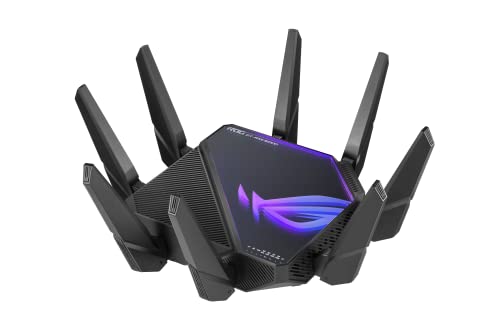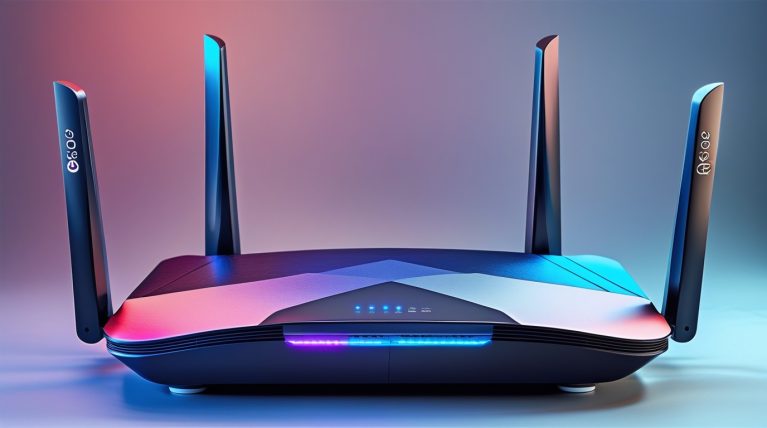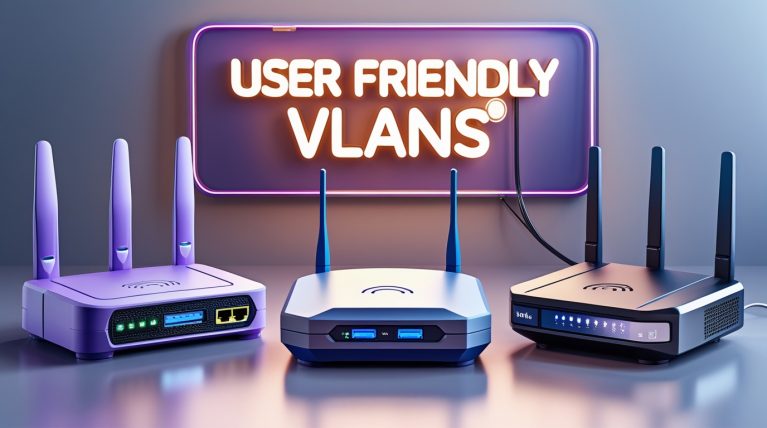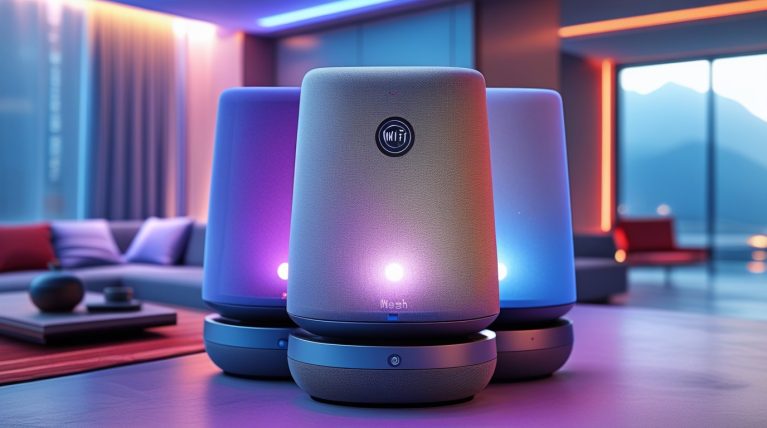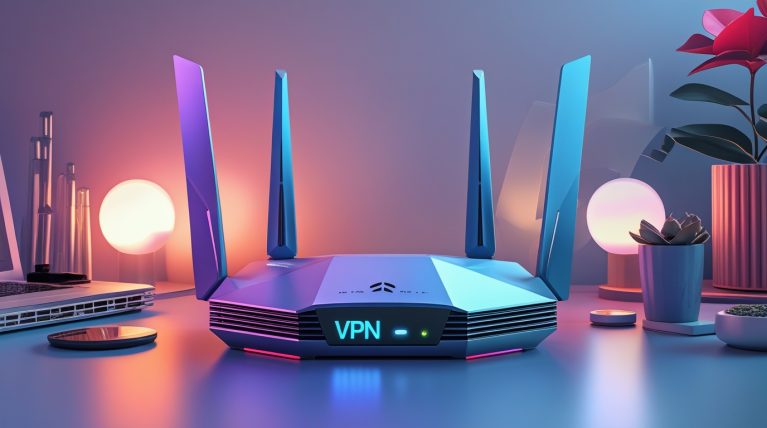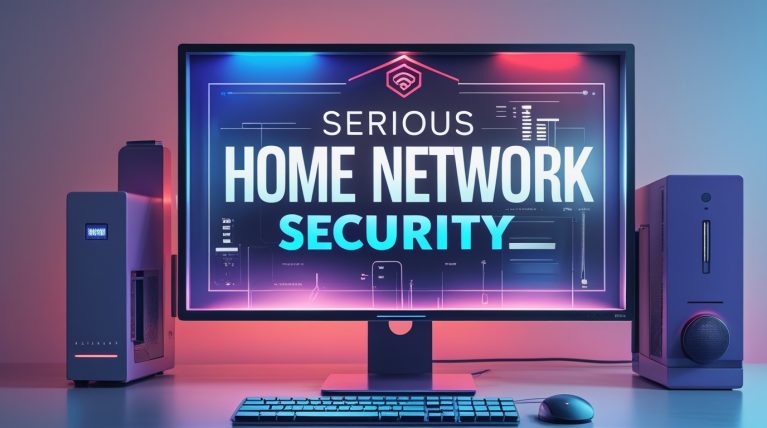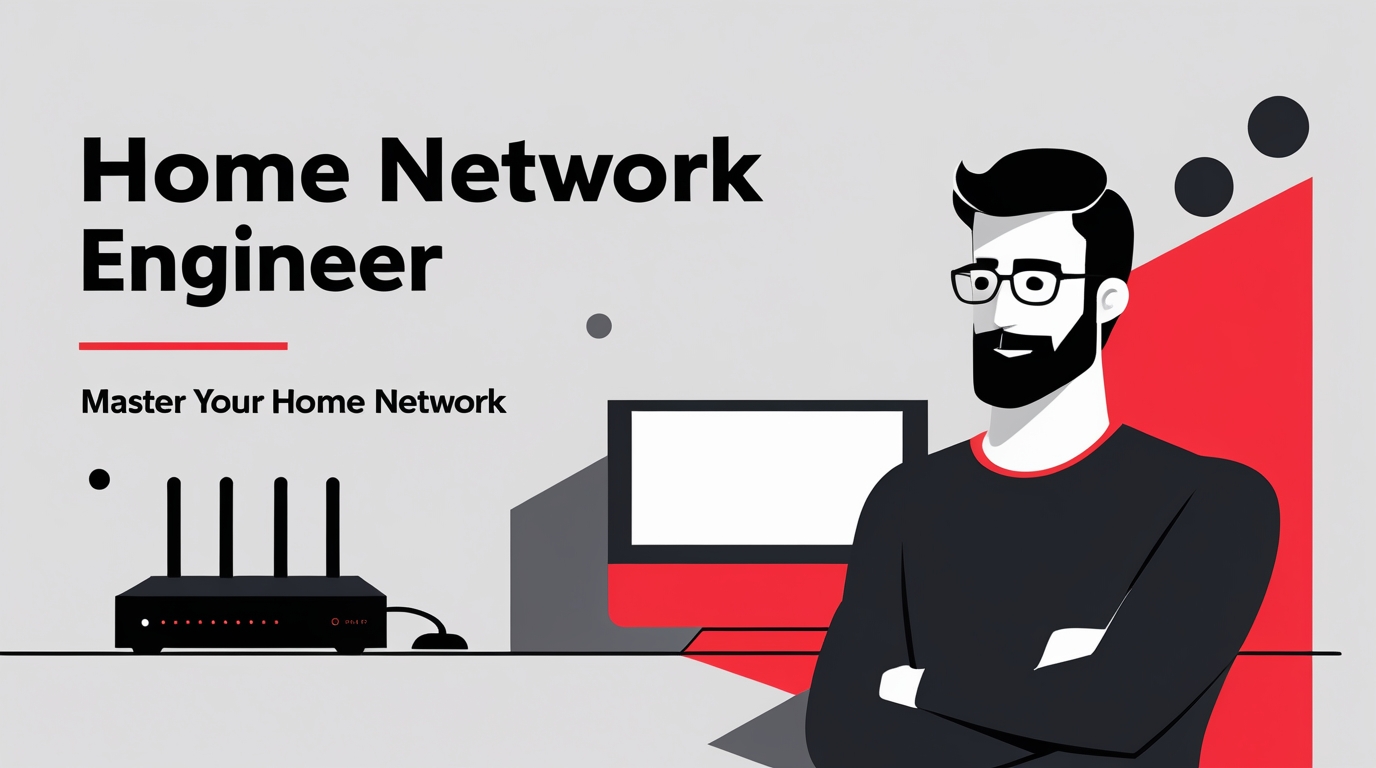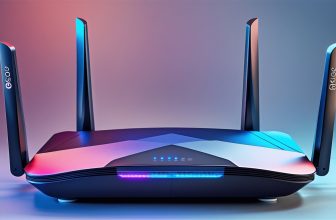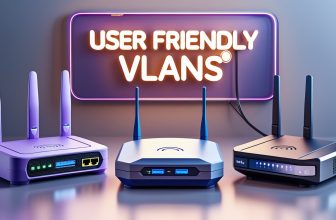Boost Your Gaming Performance: WiFi Guy Style
Online gaming isn’t just a hobby anymore—it’s serious business. And while everyone obsesses over graphics cards, CPUs, and fancy RGB lights, your network setup is just as important. Mess that up, and you’ll be rage-quitting before the round even starts. Here’s the no-BS guide to making your connection as smooth as butter.
Why Your Network Matters
Think of your internet like the highway your game data drives on. If the road is bumpy and full of potholes, your “shots fired” show up late, and suddenly you’re the guy getting dunked on.
- Latency (Lag): This is the delay between pressing a button and seeing it happen on screen. Lower is better.
- Ping: The time it takes for your game to “talk” to the server. High ping = teleporting enemies = pure frustration.
- Packet Loss: Imagine mailing letters, but half of them never arrive. That’s packet loss, and it’ll ruin your game.

Pick the Right ISP (Your First Boss Fight)
Some ISPs even have gamer-friendly packages. Translation: less lag, fewer excuses.
Go with an ISP that has low latency, not just high download numbers.
Reliability matters more than raw speed. You want stable connections, not “fast when it works.”
Hardware: Your Weapons & Armor
- Router & Modem: Don’t let the dusty box your ISP gave you be your weak link. Get a solid router with QoS (Quality of Service) so your game traffic gets priority.
- Ethernet > Wi-Fi: If you can, plug in. Wires don’t lag.
- Gaming Routers: They’re not just marketing hype—features like port prioritization can actually help.

Trick Out Your Settings
- QoS: Tell your router, “Hey, gaming first, Netflix later.”
- Port Forwarding: Some games want their own “VIP lane” on your network. Setting this up makes sure they get it.
- DNS Settings: Switching to a faster DNS can shave off milliseconds. Doesn’t sound like much until you’re in a firefight.
Keep Bandwidth Hogs in Check
Some phones and tablets even have “Gaming Mode.” Use it.
Shut down background apps guzzling data (looking at you, Windows Updates).
Kick freeloaders off your Wi-Fi when you’re gaming. Or at least prioritize your device so your stream-happy roommate doesn’t tank your ping.
ASUS ROG Rapture WiFi 6E Gaming Router (GT-AXE16000) - Quad-Band, 6 GHz Ready, Dual 10G Ports, 2.5G WAN Port, AiMesh...
NETGEAR Nighthawk WiFi 6E Router (RAXE500) - Security Features, 12-Stream Gigabit Router AXE11000 Tri-Band Wireless Speed (Up to 10.8Gbps), New...
ASUS RT-BE96U BE19000 802.11BE Tri-Band Performance WiFi 7 Extendable Router with 6GHz support, Dual 10G Port, 320Mhz, lifetime internet security...
Test, Don’t Guess
- Ping & Latency Checks: Run quick tests to see if your connection’s up to snuff.
- Speed Tests: Make sure you’re getting what you pay for.
- Monitoring Tools: Apps can show you which device is hogging all the bandwidth. (Spoiler: it’s usually the smart TV streaming cat videos in 4K.)
Optimizing Wi-Fi (If You Can’t Go Wired)
- Put your router high and central—not stuffed behind your Xbox.
- Wi-Fi extenders or mesh systems kill dead zones. Big house? Go mesh.
- More antennas usually = better range.
Keep It Updated
- Update your router firmware—it’s like a free performance patch.
- Update your graphics drivers, games, and accessories. New updates = fewer bugs and better performance.
VPNs: Friend or Foe?
- A VPN can protect you and sometimes improve routes to servers.
- But it can also slow things down. Use a gaming-friendly VPN only if you really need it.

Security Matters Too
- Run a firewall and antivirus—you don’t want malware eating your bandwidth.
- Watch out for phishing links. (No, Epic Games didn’t just email you free V-Bucks.)
Mobile Gaming Hacks
Grab a controller or grip accessory—touchscreen rage is real.
Use Wi-Fi whenever possible; mobile data burns fast and lags harder.
If you’re stuck on data, close every other app hogging your connection.
Learn from Other Gamers
Forums, Discords, and Reddit threads are treasure troves. People have already fought the lag monster and lived to tell the tale. Borrow their tweaks and add them to your arsenal.
Final WiFi Guy Take
At the end of the day, you don’t need a NASA-level setup to crush lag. Keep your ISP reliable, your router smart, and your network lean and mean. Do that, and you’ll spend more time winning matches and less time yelling at your screen.
Linksys Mesh WiFi Hydra Pro 6E Tri-Band Router High-Speed Axe Router for Streaming & Gaming, Speeds up to (AXE6600) 6.6Gbps...
MSI Radix AXE6600 WiFi 6E Tri-Band Gaming Router, AI QoS, RGB, 1.8GHz Quad-Core Processor, MU-MIMO, Gigabit Wireless, 8-Stream, High Speed...
TP-Link Tri-Band BE19000 Wi-Fi 7 Gaming Router Archer GE800 | 12-Stream | 2×10G + 4×2.5G Ports, USB 3.0 | Turbo...
FAQs (Frequently Asked Questions)
What’s the right internet speed for gaming?
Honestly, most online games don’t need crazy-fast internet. If you’ve got at least 5 Mbps download and 1 Mbps upload, you can usually play just fine. But if you want buttery-smooth gameplay (and maybe some streaming on the side), shoot for 25 Mbps or higher. More speed = less stress.
How do I check my ping and latency?
Think of ping as your game’s “reaction time.” You can check it with a quick ping test online or even inside the game’s settings. Lower is better. Under 30 ms feels snappy, under 60 ms is solid, and anything over 100 ms… well, you’ll be yelling at your screen.
Should I use Ethernet or Wi-Fi?
If you can, go wired. Plugging in with an Ethernet cable is like taking the express lane on the highway—stable, fast, no surprises. Wi-Fi is fine if wired isn’t an option, but expect a few bumps in the road unless you’ve optimized your Wi-Fi setup.
What’s QoS and why should I care?
QoS = Quality of Service, but I call it the “VIP line” for your internet. It tells your router, “Hey, give my game traffic priority over little Timmy’s Netflix marathon.” Less lag, smoother gaming. Definitely worth turning on if your router has it.
Is a VPN good for gaming?
Sometimes. A VPN can protect your privacy and even fix weird routing issues, but it can also add a bit of lag. If you’re already battling high ping, a VPN might make things worse. If you try one, look for a gaming-friendly VPN with low-latency servers.
🧠More WiFi Brainiac Tips
pcWRT PW-AX1800 Wi‑Fi 6 VPN Mesh Router — High Security at a Low Price
Routers With High-End Security And Easy VLAN Support
These Wi-Fi 7 Mesh Bullies Crush Dead Zones
Start Your Smart Home Off Right With These 3 Top Smart Hubs
Find Your Perfect VPN Wireless Router — Easy Picks
Serious Security For Your Home Network
Wi-Fi Extender Face-Off: TP-Link RE600X vs Netgear EAX15
NETGEAR Orbi WiFi 7 970 vs TP-Link Deco BE85: Wi-Fi 7 Showdown!
TP-Link Deco X55 vs Amazon eero 6: Head-to-Head Comparison
Home Network Engineer Course
✅ You’ll Be Able To:
- Fix Wi-Fi and device problems fast – Know what’s wrong and how to handle it
- Speed up your connection – Boost coverage, kill lag, and reduce dropouts
- Lock it down – Protect your network from freeloaders and shady devices
- Upgrade with confidence – Know what gear to get (and what to skip)
- Stop second-guessing yourself – Never be scared of a blinking router again

